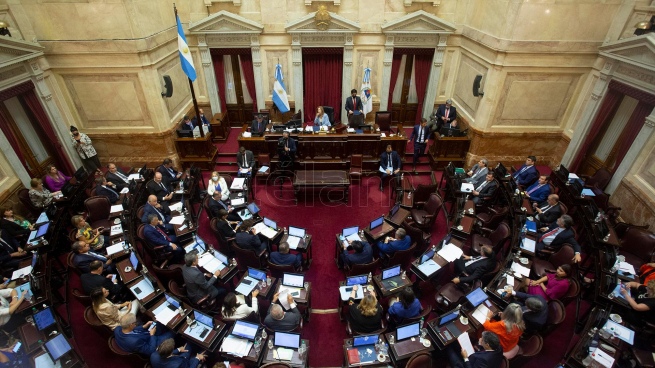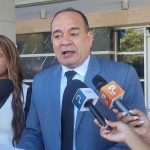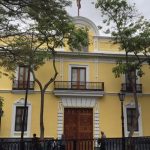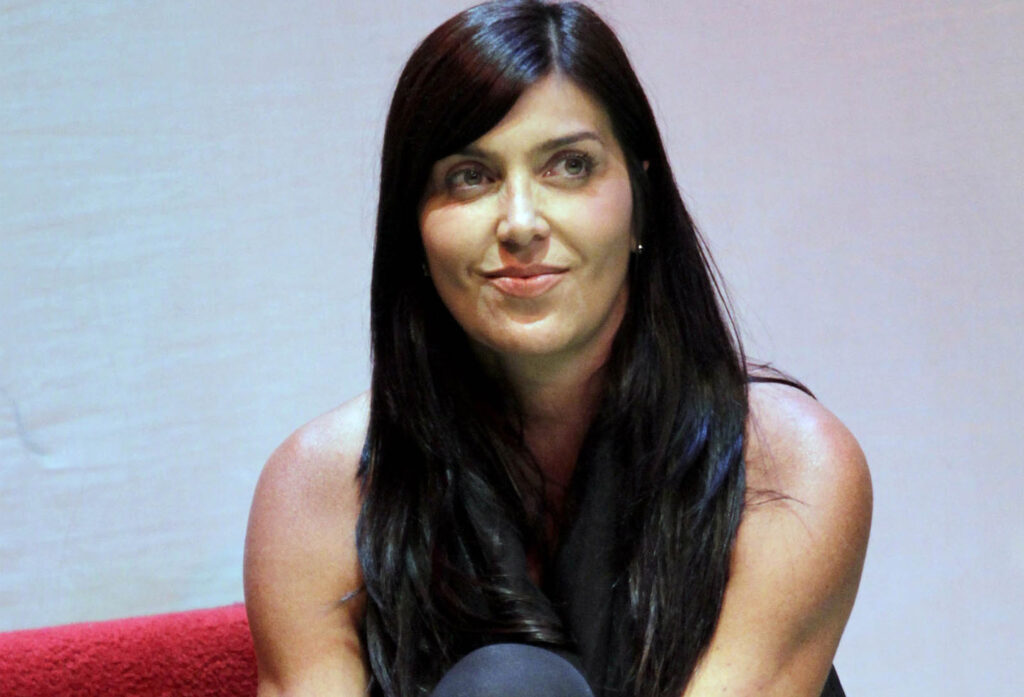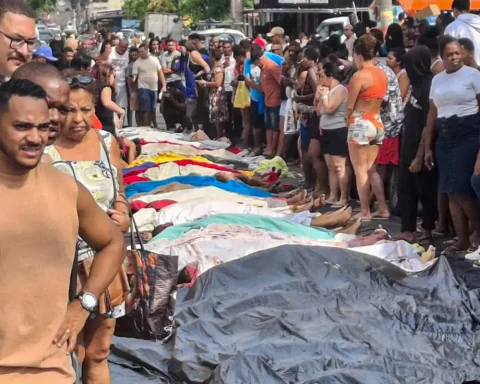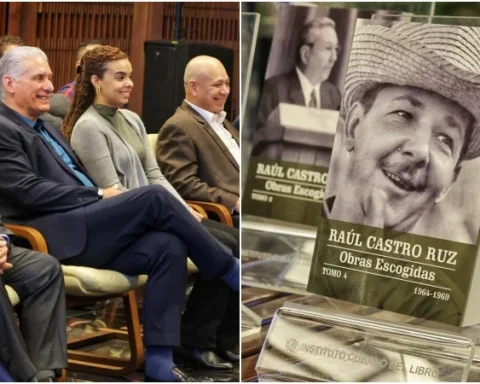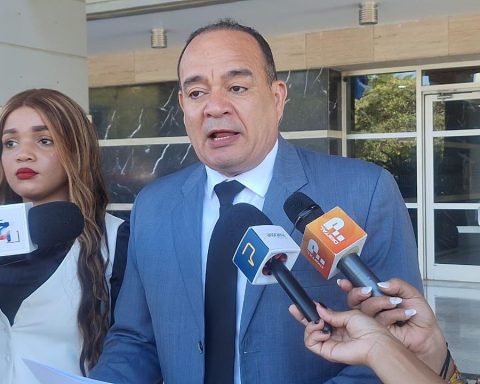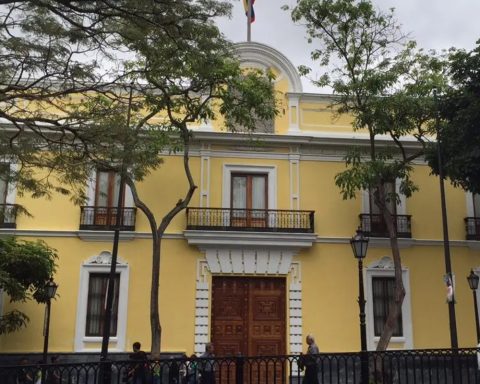A new round of exhibitors was convened for the second day of debate on the reform of the Supreme Court of Justice of the Nation, which will take place next Wednesday in a plenary session of Senate commissions, where It will also be defined if the judges of the highest court are summoned to offer their position on the initiative.
The senators of the Front of All (FdT) Guillermo Snopek and Oscar Parrilli confirmed that there are proposals to invite the members of the Court, Carlos Rosenkrantz, Horacio Rosatti, Ricardo Lorenzetti and Juan Carlos Maqueda, to the plenary in which a expansion of the number of judges in that court.
In the second debate hearing led by Senator Snopek (FdT-Jujuy), the senators will listen to a new round of speakers, which will include constitutionalists and members of the Judiciary to refer to the four bills under analysis.
In the first hearing on Wednesday, the members of the Constitutional Affairs and Justice and Criminal Affairs commissions of the Senate heard the testimonies of a dozen experts in law who expressed themselves in favor of the initiatives.
The analyzed texts are from Senators Alberto Weretilnek (Together We Are Río Negro), Adolfo Rodríguez Saá (FdT-San Luis), Silvia Sapag (FdT-Neuquén) and Clara Vega (Cambiemos Civic Force La Rioja) and all They propose greater federalism and appointment of judges by regions as well as greater gender parity.
With the exception of the Vega project, the remaining three establish an increase in the number of members of the Supreme Court of between nine and 16 members.
The project that generates the greatest adherence from Kirchnerism is that of Senator Sapag, which establishes an increase to 15 the number of judges and proposes to analyze the employment history, the companies that they were part of and the clients they had as lawyers of the applicants to integrate the Court. The objective, she explained, the Patagonian legislator, is to establish criteria so that there are no conflicts of interest.
The project that generates the greatest support from Kirchnerism is that of Senator Sapag, which establishes an increase to 15 the number of judges and proposes to analyze the employment history
The Neuquén senator argued in the presentation of her proposal that “it is important not only to talk about numbers but also about the quality” of the members of the court.
In article 6 of the bill entitled “Transparency and conflicts of interest”it is indicated that the candidates will have to present “a sworn statement with the list of all your own assets, those of your spouse, those that make up the assets of the conjugal partnership, the cohabitants and the children”.
The president of the Constitutional Affairs Commission, Guillermo Snopek, announced that on Wednesday from 12 the plenary will seek to define the steps to follow before the issuance of the opinionin addition to requests to invite members of the Court to present to the Senate.
Meanwhile, the head of the Justice Commission, Oscar Parrilli, asked that a project of his authorship to modify the popular consultation law be discussed in that plenary session and considered that the reform of the Court proposed by the ruling party has to do with ” with achieving more democracy”.
From the opposition interbloc of Together for Change (JxC) advanced that they will not support a reform at this time because they consider that “it is inappropriate” and that it is part of the controversy between the Legislative Power and the Judicial Power initiated around the Judicial Council.
last week’s plenary
In the plenary session last week, most of the exhibitors, invited by the ruling party, supported the proposals for the designation of judges by region and a specialization by chambers of the magistrates that make up the highest court to speed up the definition of causes.
Gustavo Ferreyra, constitutional lawyer from the University of Buenos Aires (UBA)considered that the Court should be made up of a number of at least two digits, perhaps 15 judges, and questioned the fact that currently three magistrates constitute a majority.
Marisa Herrera, constitutionalist of the UBA and member of the Consultative Council for the Strengthening of the Judicial Power and the Public Ministry created by President Alberto Fernández for judicial reform, said that “we should not be afraid of being able to debate the expansion of the Court.”
Carlos Rozanski, former judge of the Federal Chamberdescribed as “an advance” the discussion on the extension of the court and was in agreement with the division by chambers and the federalization by regions.
